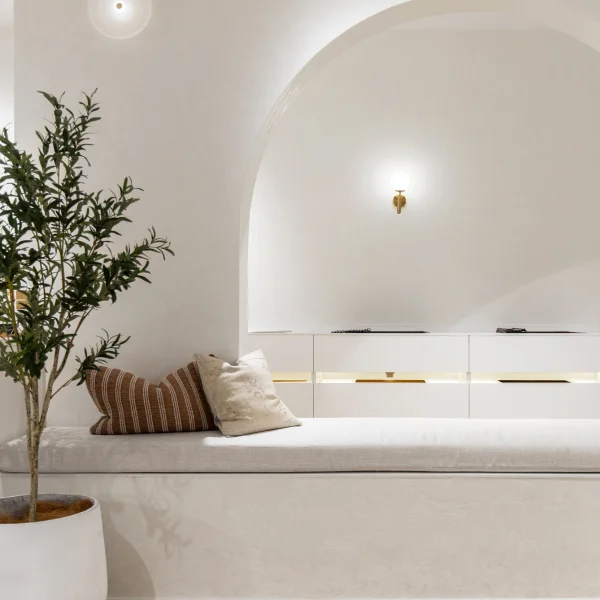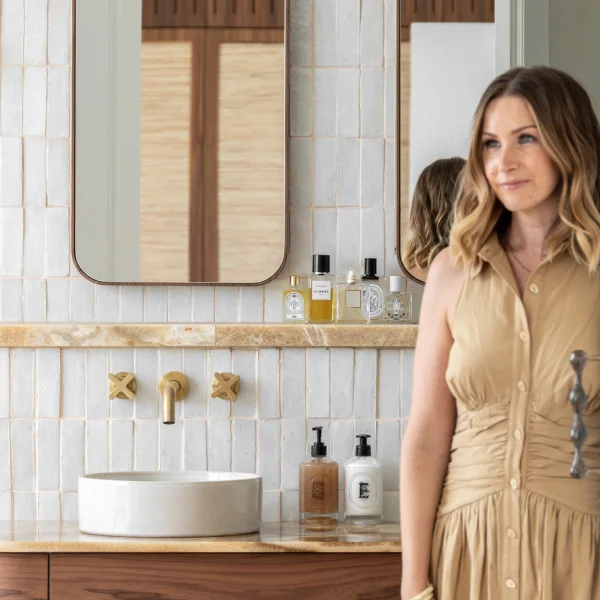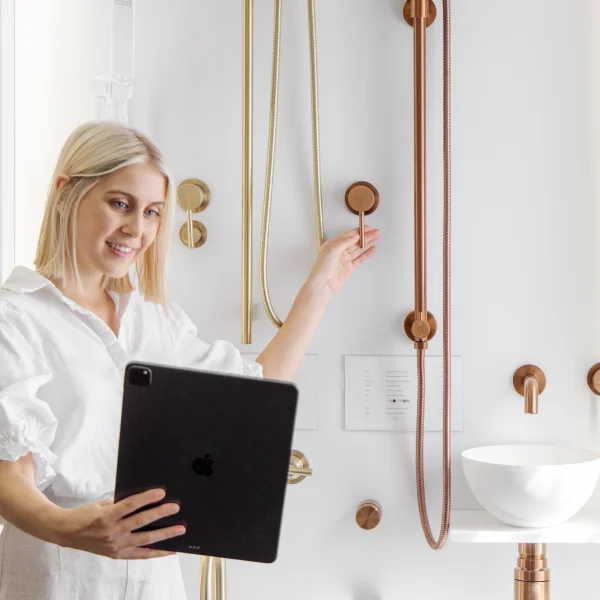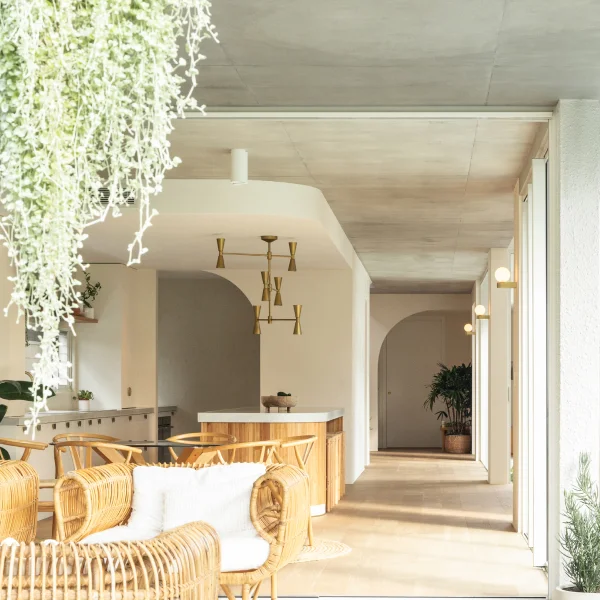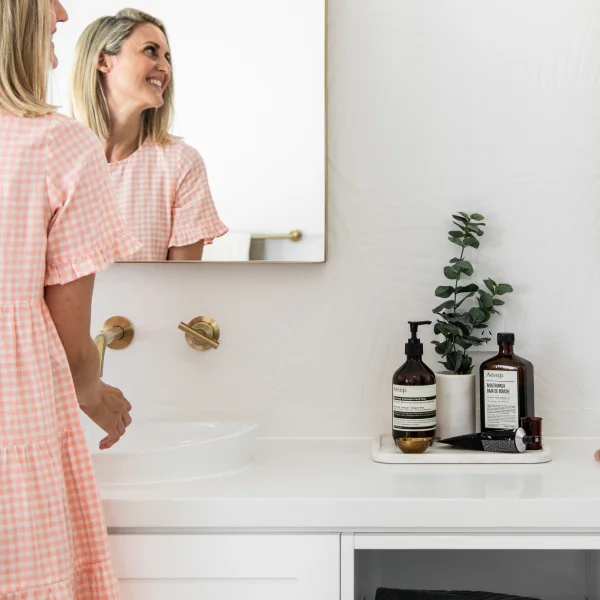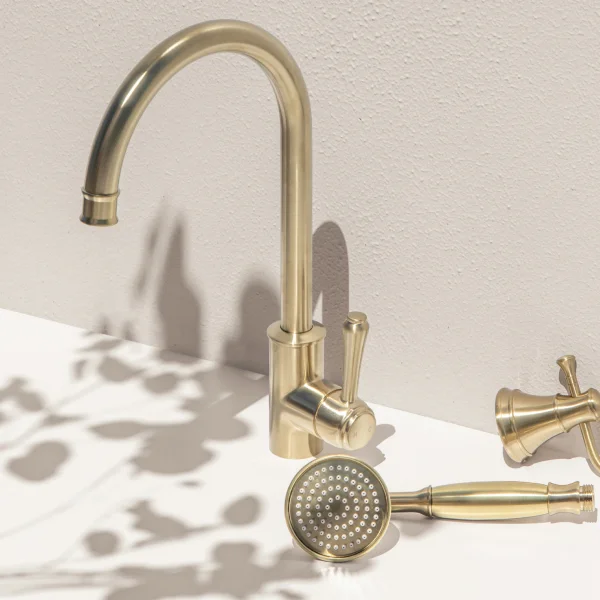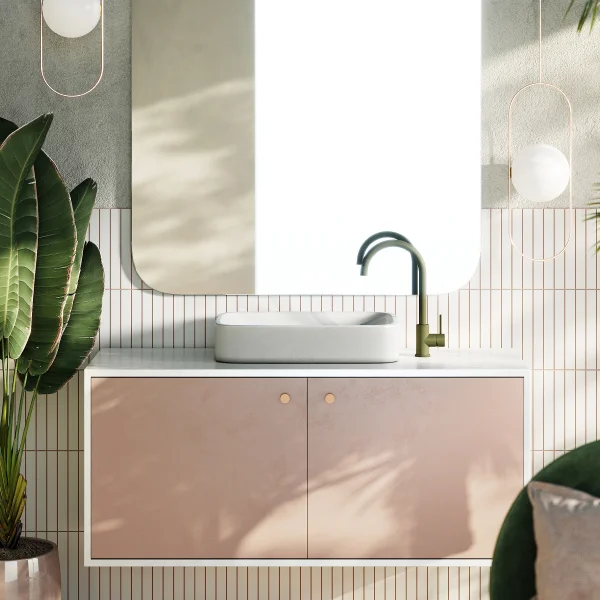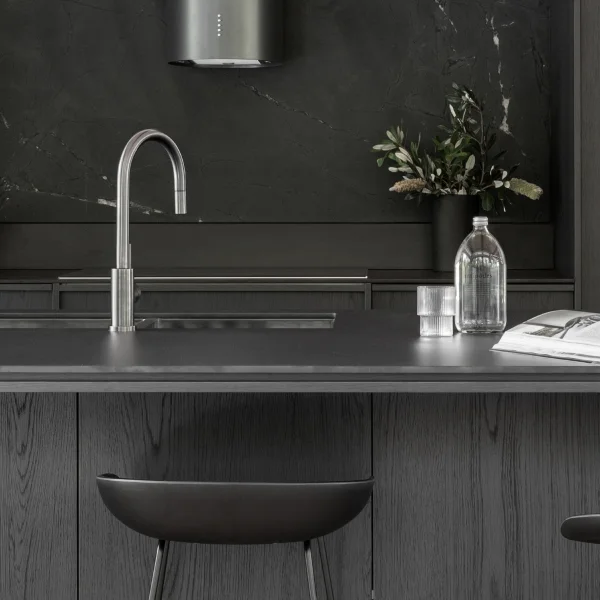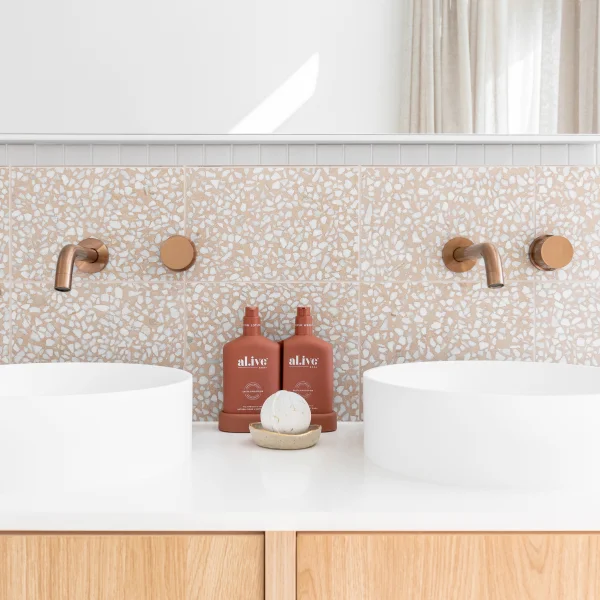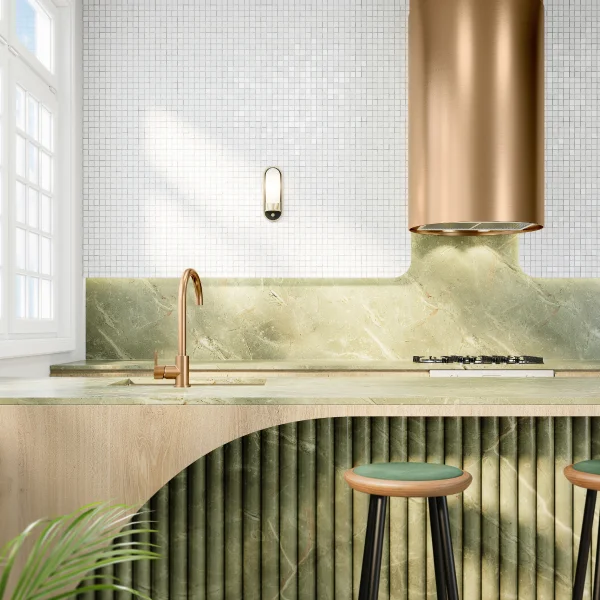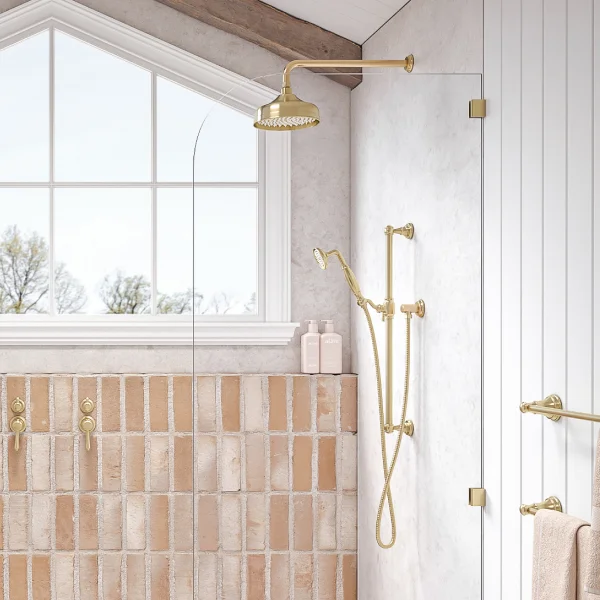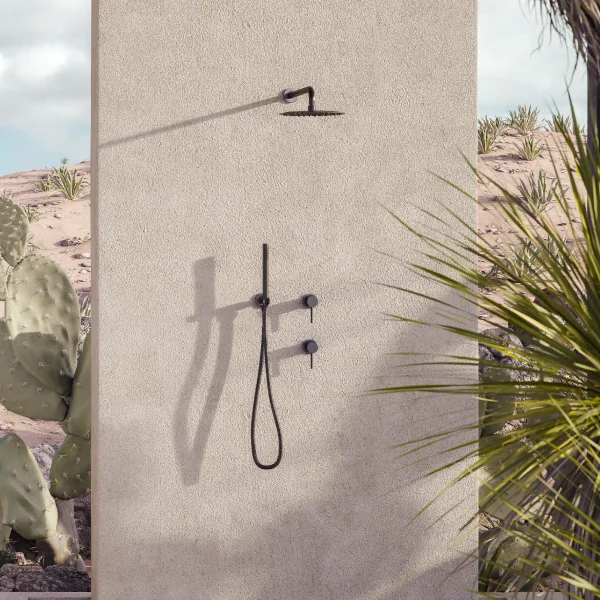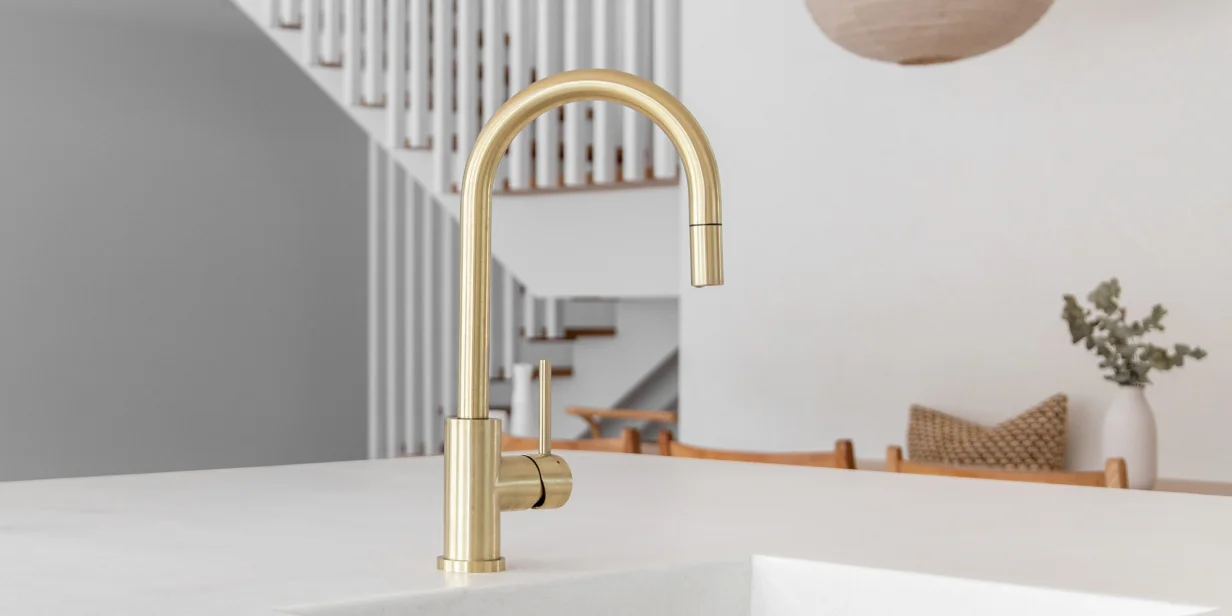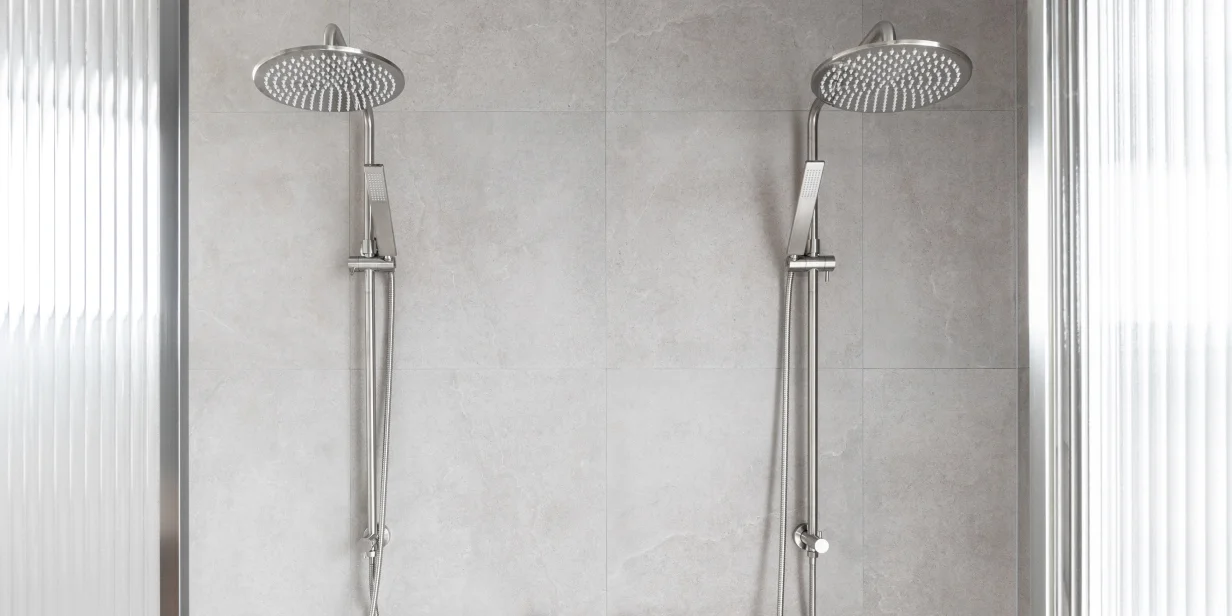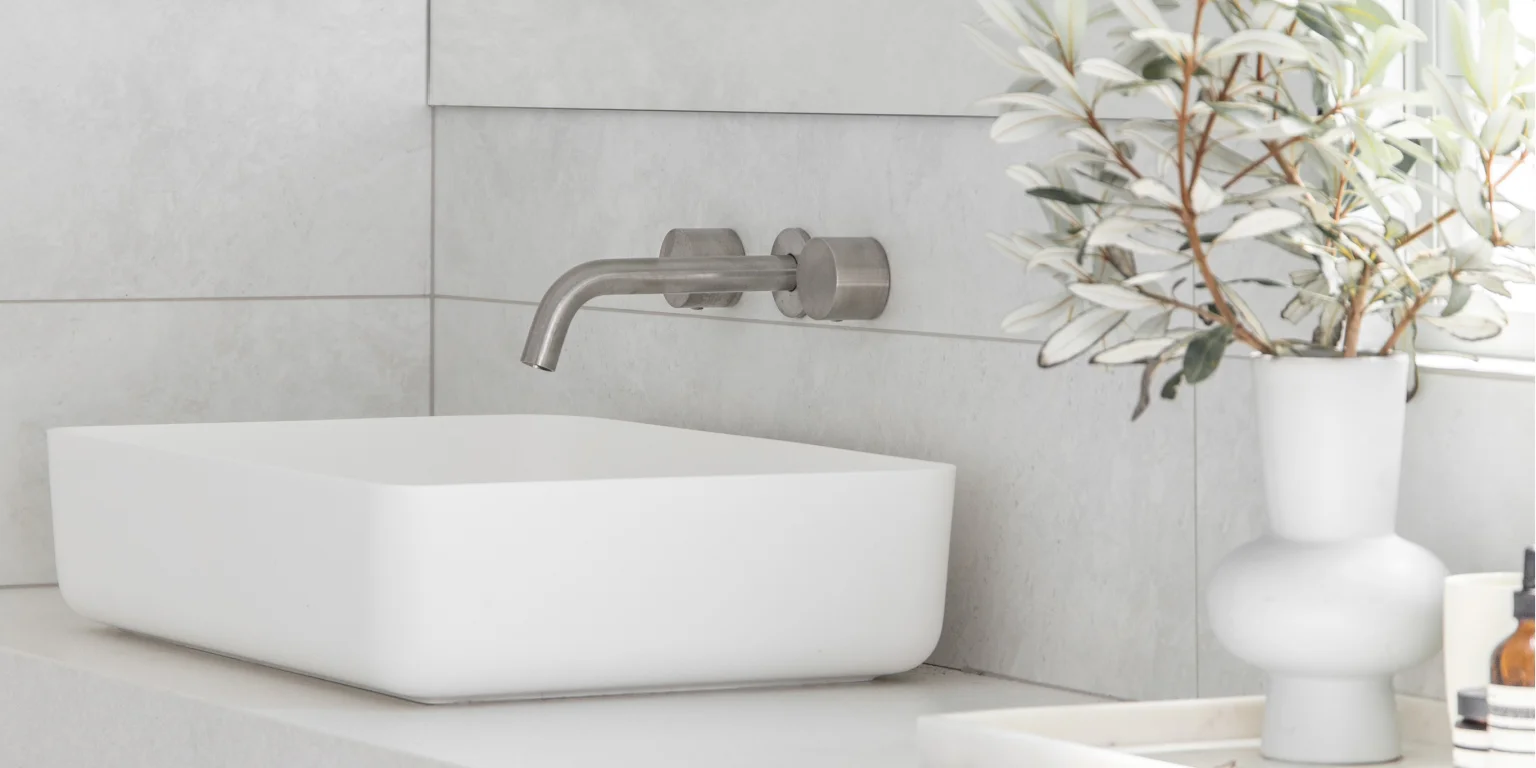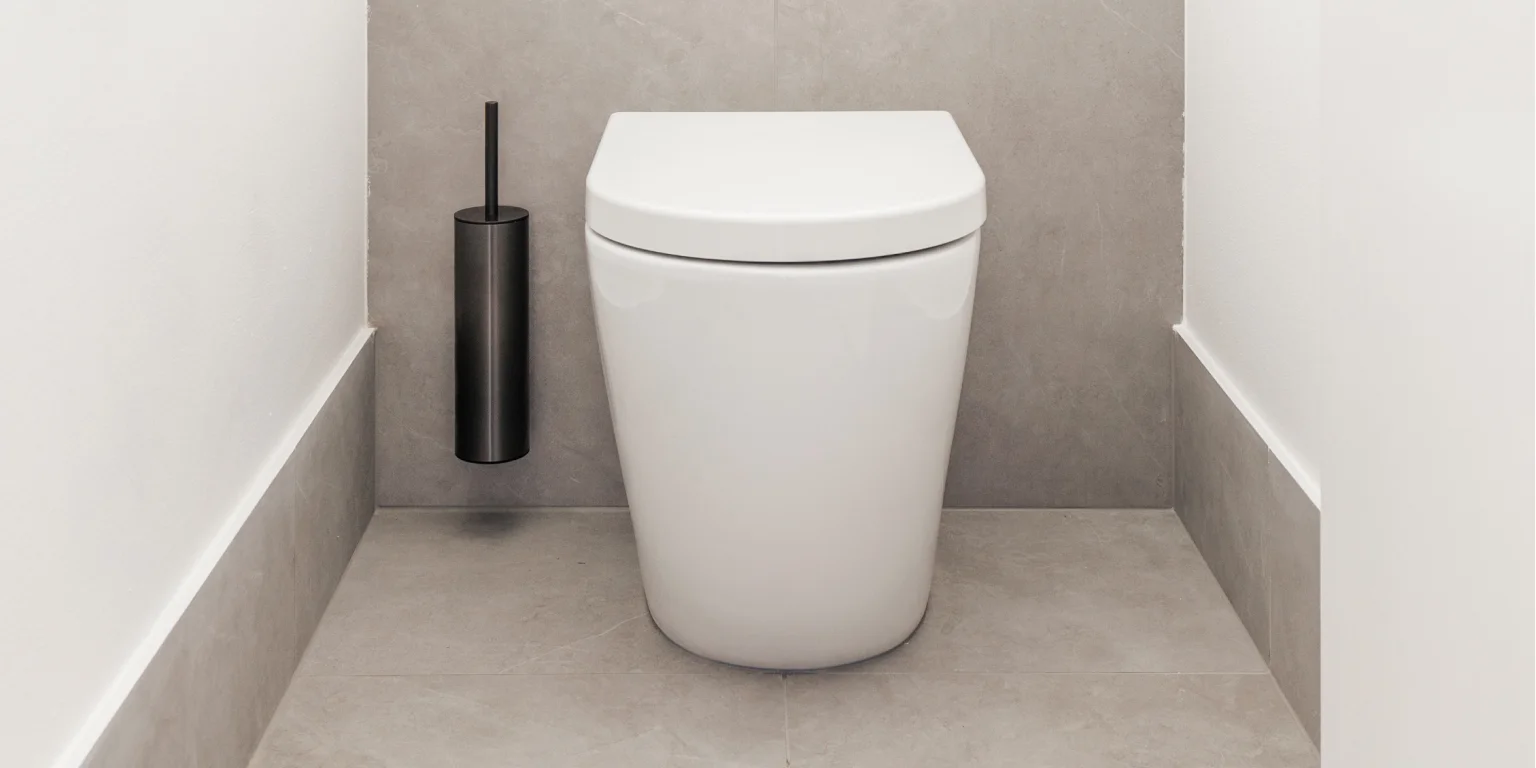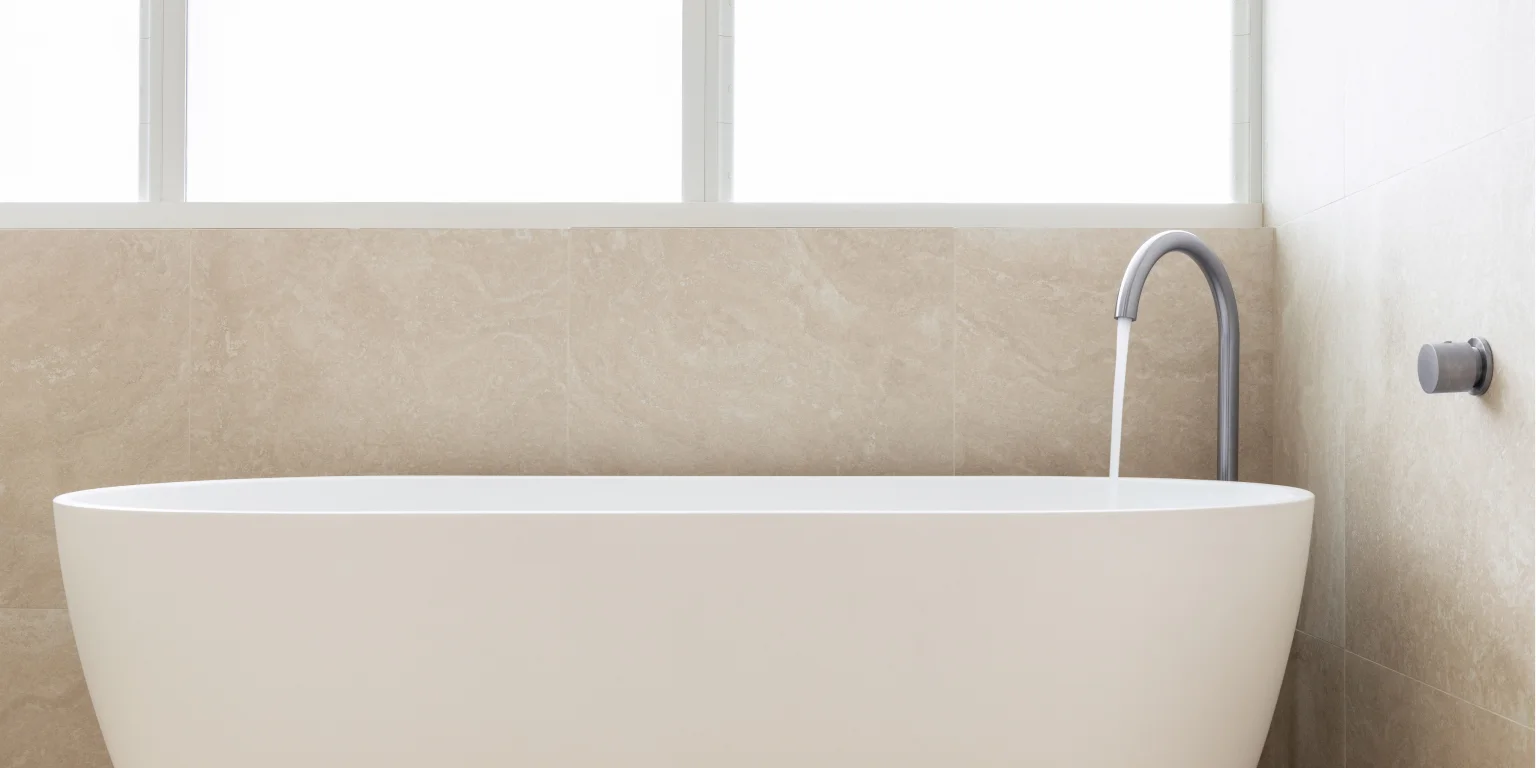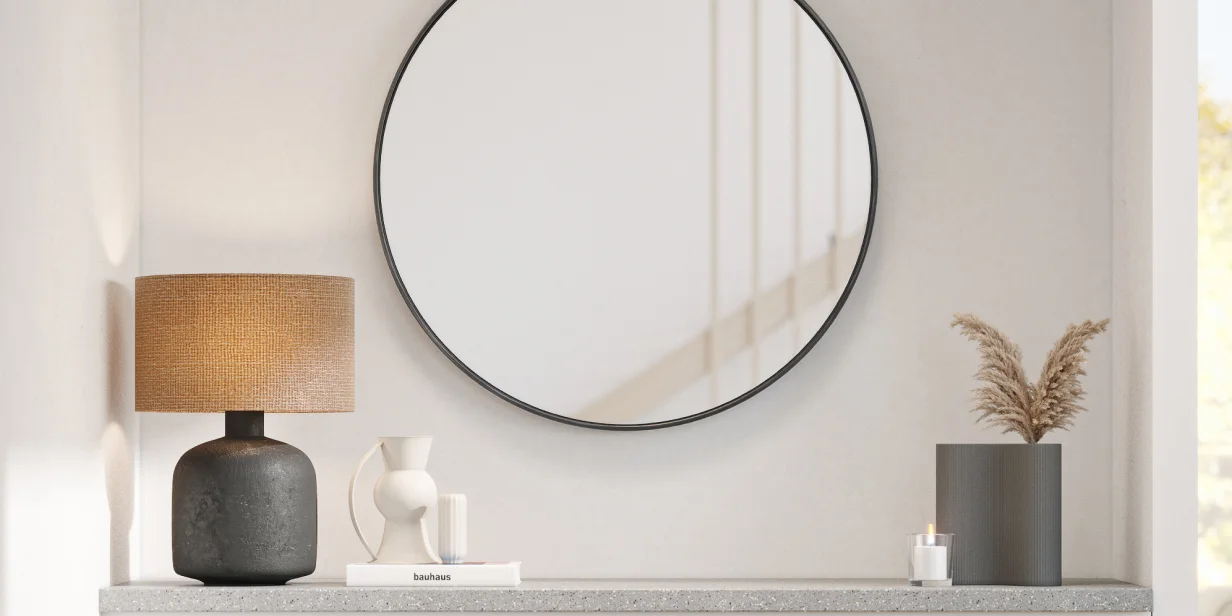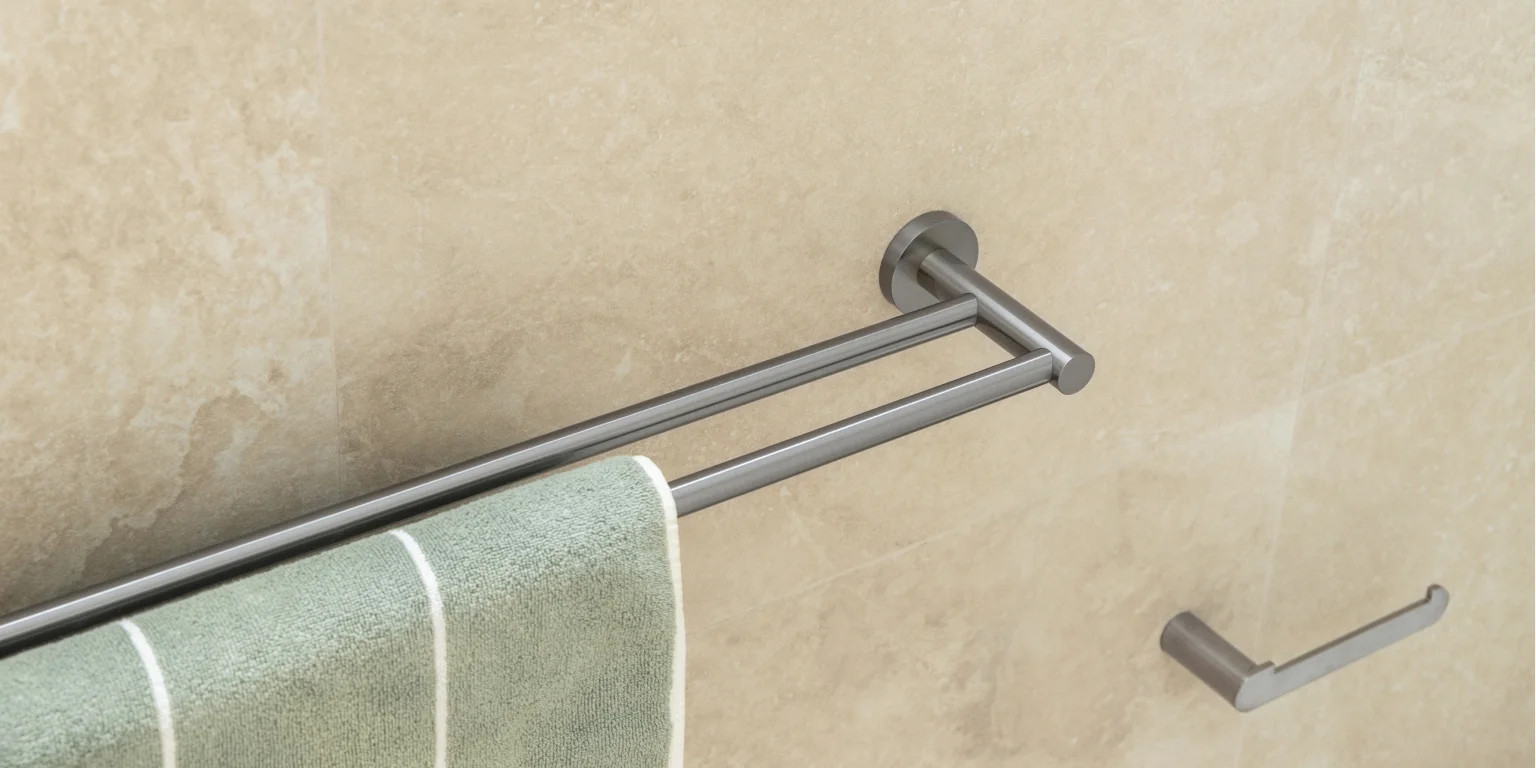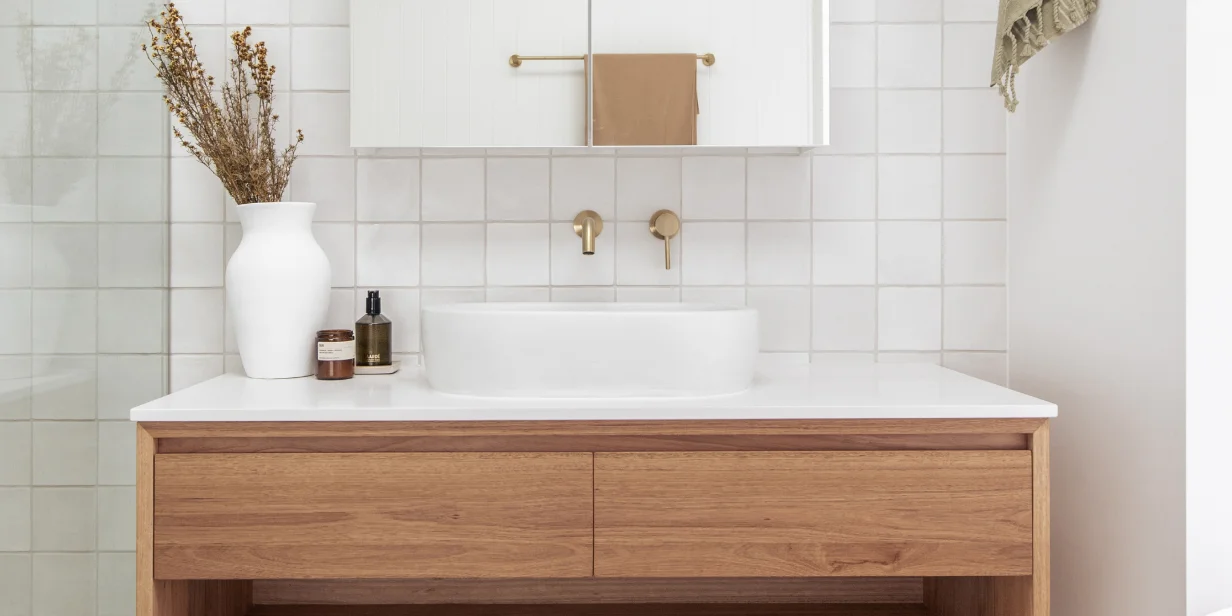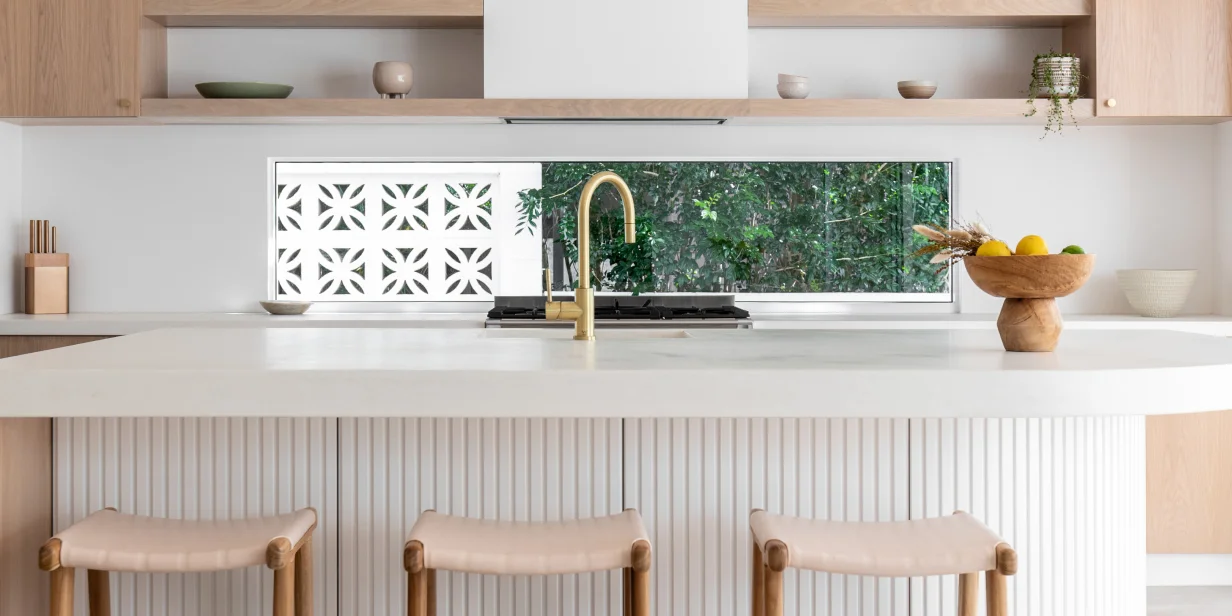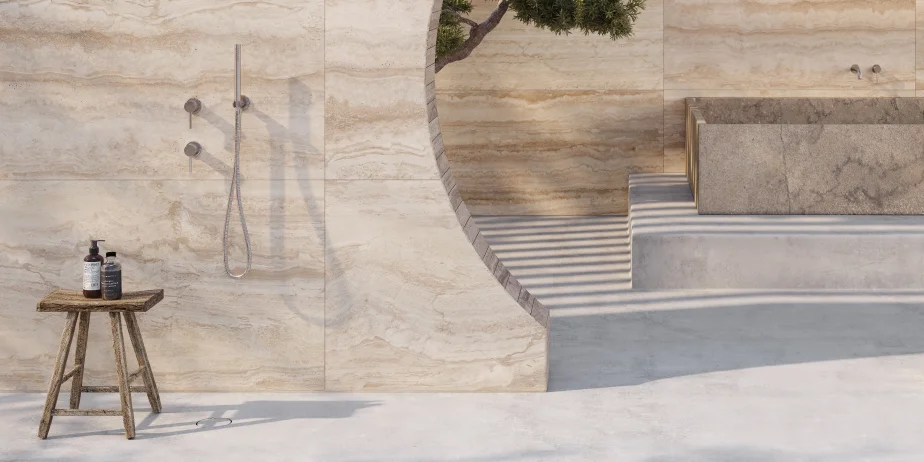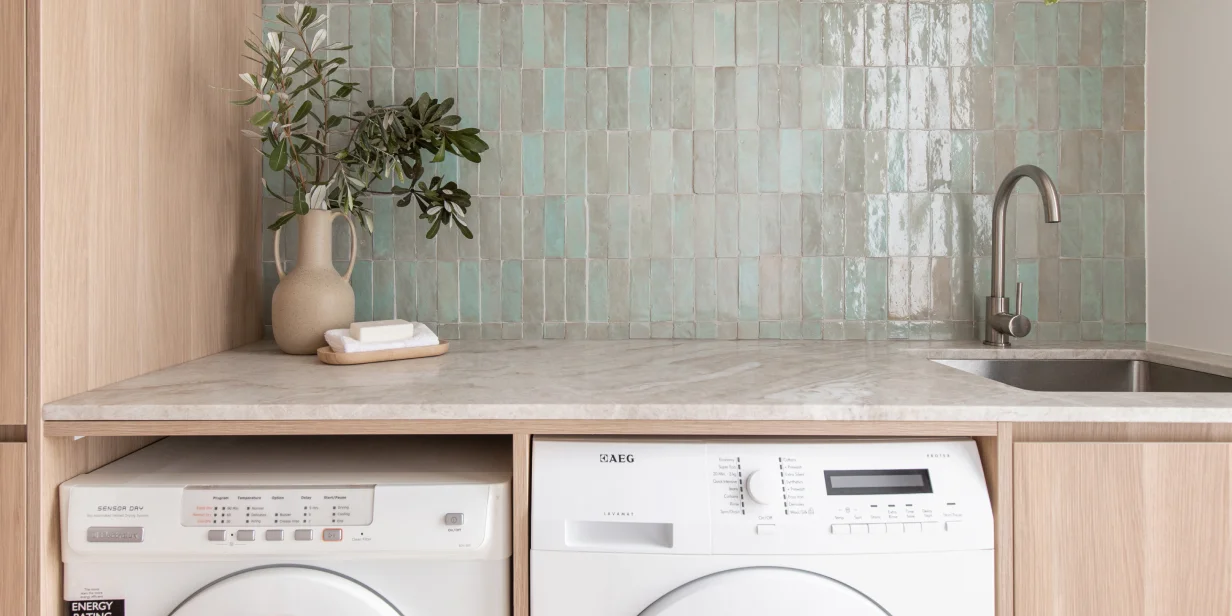MUSIC AND ARCHITECTURE: EXPLORING THEIR INTERCONNECTEDNESS
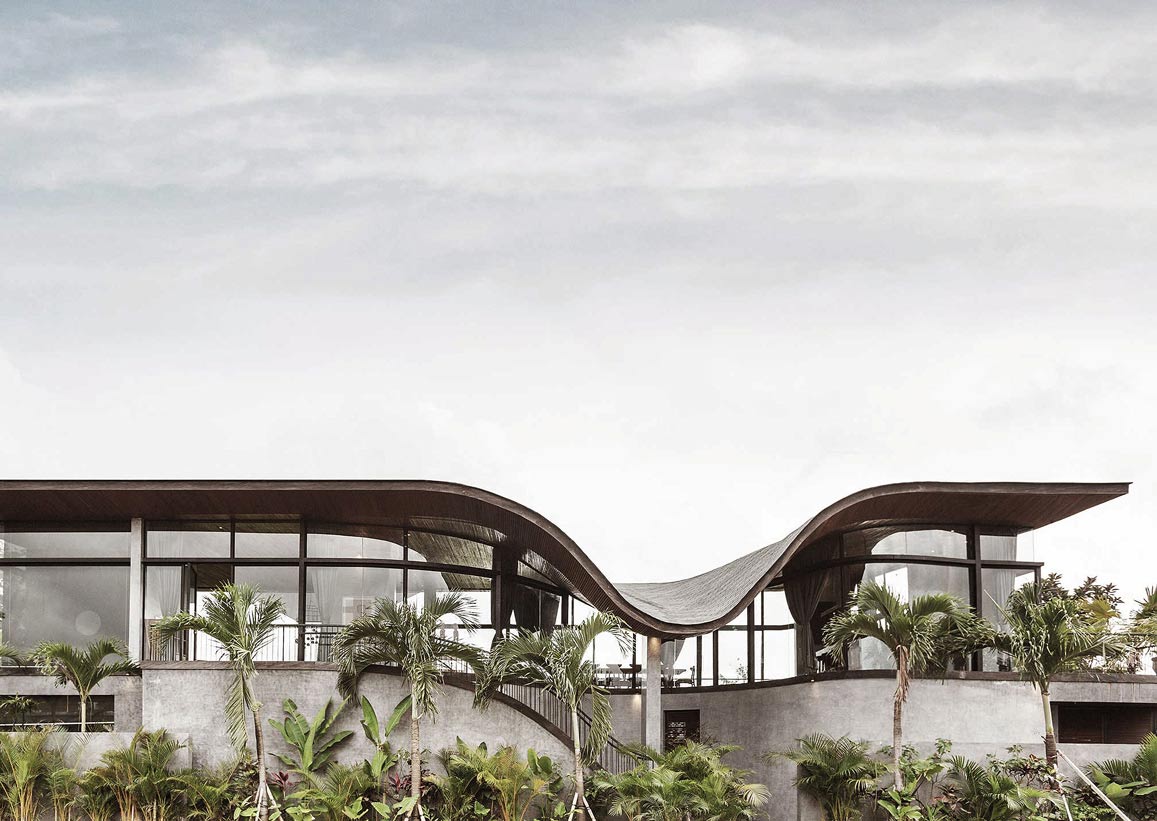
The connection between music and architecture may seem dissonant, but they share several fundamental values, including rhythm, energy, harmony, and texture. Music is a landscape for the ears, while architecture is a landscape for the eyes, and they both produce a sensory experience. In coexistence, it’s easier to see their kinship: music can set the tone for a room, and often a room is where music is born. Both require compositional processes.
One of the most eloquent music and architecture quotes was expressed by Johann Wolfgang von Goethe, a German 18th-century writer —
[porto_blockquote]“Music is liquid architecture; architecture is frozen music.”[/porto_blockquote]
With this notion, we synthesise three buildings inspired by sound and three songs inspired by architecture, exploring how this dynamic can inspire a new perspective from two seemingly different disciplines.
ARCHITECTURE
1. MUSIC BOX VILLAGE, NEW ORLEANS
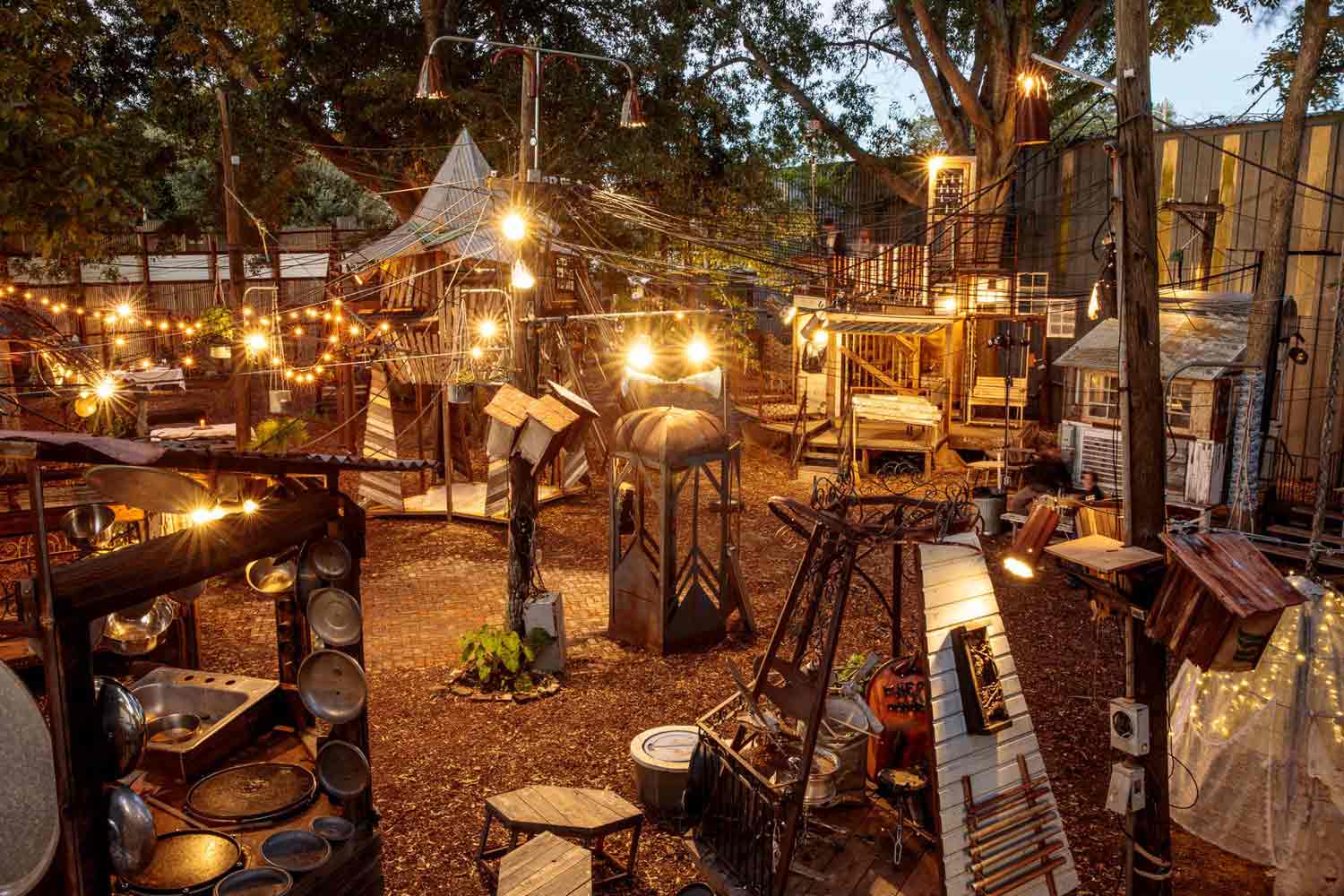
Five years after the devastating Hurricane Katrina in New Orleans, the founders of arts organisation Airlift wanted to transform a tired Creole cottage into an establishment that would explore the idea of ‘musical architecture’ — while doubling as a music venue itself. They were inspired by the city’s rich musical history and culture, thus birthing the concept of Music Box Village.
The one-of-a-kind site has various installations, each displaying a creative avant-garde sensibility. Its difference? The structures are designed to be played as instruments — inviting visitors to explore their playground of sound. It creates a sense of community through the concept of architecture inspired by music.
2. PHILIPS PAVILION, BRUSSELS
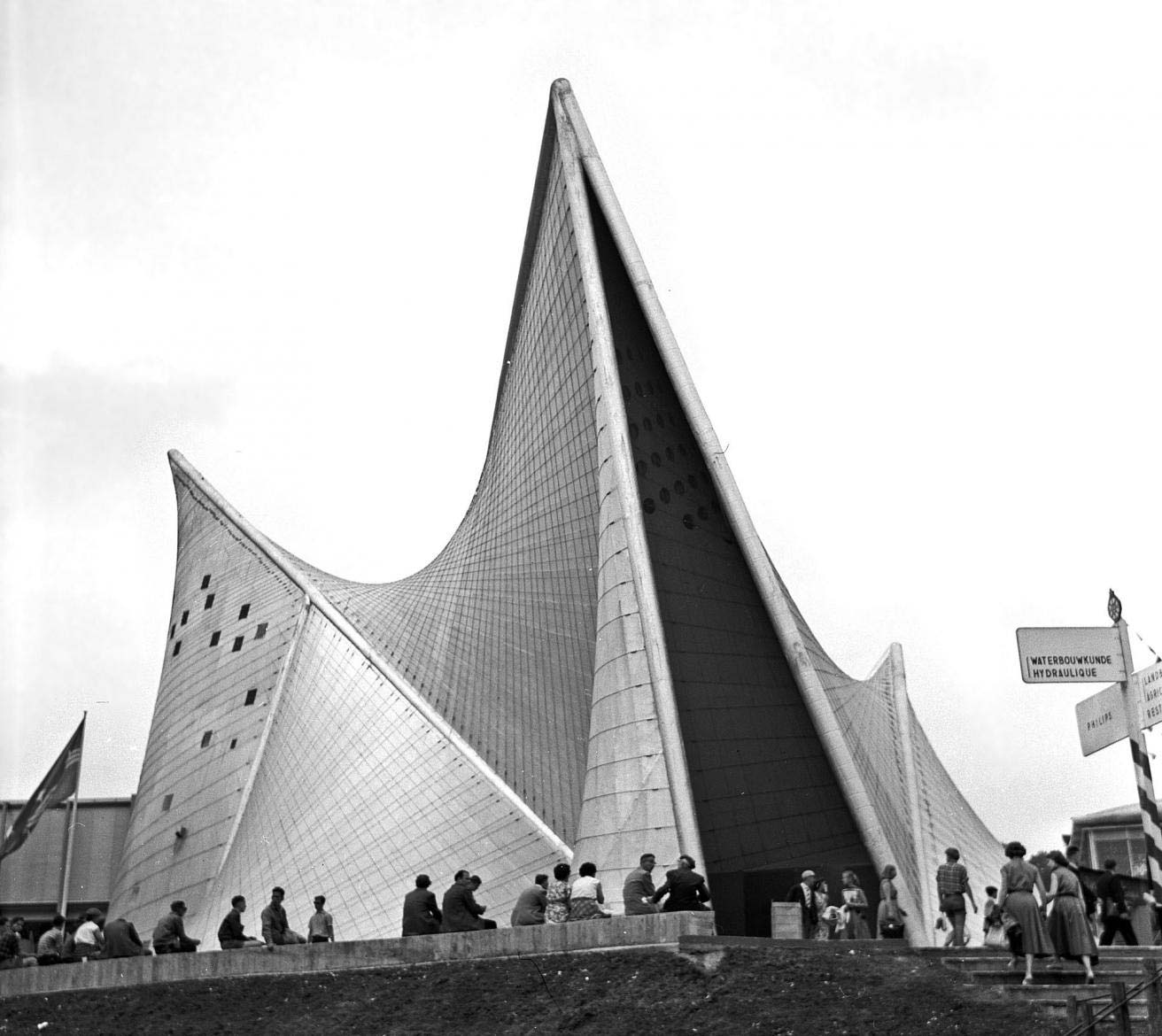
The Philips Pavilion is a direct example of the convergence between music and architecture. It was constructed for Expo ’58 in Brussels — a large-scale fair to showcase 45 European countries under the concept of “a world for a better life for mankind”.
Electronic manufacturer, Philips, hired prominent architect Le Corbusier in collaboration with Iannis Xenakis, an architect and composer, to construct the building. They wanted to make a structure that could highlight Philips’ post-war technological developments.
The building’s design was directly inspired by Xenakis’ composition of ‘Metastaseis’ and resulted in an ultra-modern structure featuring hyperbolic paraboloid forms.
In the creation stages, Le Corbusier said to Philips,
“I will not make a pavilion for you, but an Electronic Poem and a vessel containing the poem; light, colour, image, rhythm, and sound joined together in an organic synthesis.”
3. HOUSE O, BALI
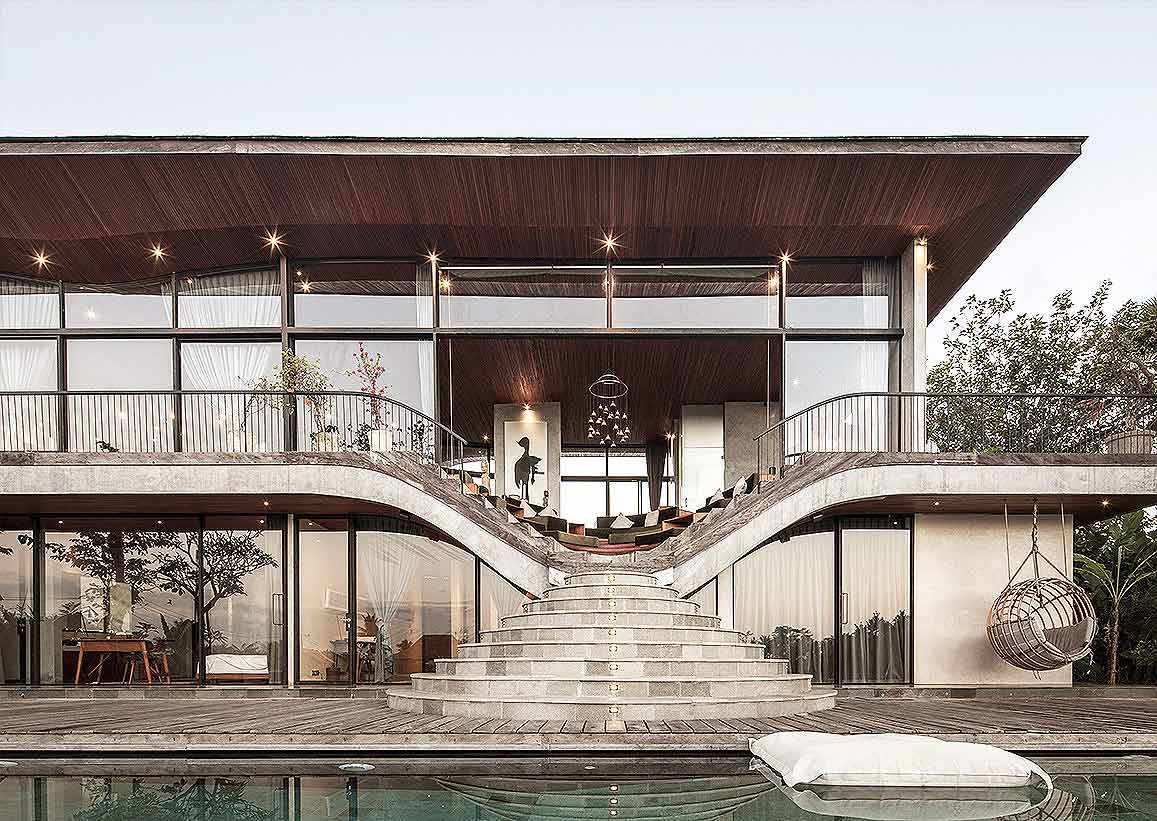
This three-bedroom home in Mas, Bali, was designed by Alex Dornier. The client is a composer, and Dornier wanted to
[porto_blockquote]“… translate the construct of a single sound wave into an overarching architectural gesture that will define the interior and exterior spatial qualities of the house.”[/porto_blockquote]
This was accomplished through a single line that unites indoor and outdoor arenas, dipping at a third of the perimeter of the second floor. It creates a sense of rhythm, and the movement is accentuated by an exterior waterfall staircase and an interior sunken conversation pit.
To further demonstrate the music and architecture relationship, interiors are rendered with curved timber, which was Dornier’s vision to make you feel like you’re inside an instrument.
MUSIC
1. THRU’ THESE ARCHITECTS EYES – DAVID BOWIE
In this song, David Bowie uses the topic of architecture to express emotion while referencing modernist architects Phillip Johnson and Richard Rogers.
One interpretation of the track could detail how the subject walks through a city and is enamoured by the triumphs of a concrete landscape. It begins by repeating the notion of “We’re living in a golden age” and the “Majesty of a city landscape” — from an architect’s perspective.
Though musically, the grungey soundscape and regards for “This goddamn starving life” create a mild cynicism. It places the narrator in a more defeated position, possibly articulating the disdain for a capitalistic culture that’s hard to escape.
Nonetheless, it’s a creative exploration of how music and design can be the context for sentimentality.
When you know the money’s from day-to-day
All the majesty of a city landscape
All the soaring days of our lives
All the concrete dreams in my mind’s eye
All the joy I see through these architect’s eyes
2. SO LONG, FRANK LLOYD WRIGHT – SIMON & GARFUNKEL
Paul Simon and Art Garfunkel were a duo most famous for songs such as ‘Cecilia’ and ‘The Sound of Silence’. When it comes to the world of architecture, their track ‘So Long, Frank Lloyd Wright’ is an ode to the famous architect of the same name, whose most notable design was Fallingwater — a home built over a waterfall in Pittsburgh, USA.
The track is a slow combination of strings, congas, and flute, while the lyrical context is centred around the idolisation of Wright’s work compared to other designers. On a personal note, Garfunkel was an avid fan of architecture and studied it at Columbia University.
In the introduction, they find the kinship between music and architecture, likening Wright’s work to that of a song. It inspires an outlook of how an architect’s portfolio can be appreciated as a genre, the same way a musician is with their discography.
So long, Frank Lloyd Wright
I can’t believe your song is gone so soon
I barely learned the tune
So soon, so soon
3. DEPRESTON – COURTNEY BARNETT
In a more conceptual manner, a musician can find inspiration in architecture to express their story. Beyond motifs, palettes, and fixtures, homes are the settings where our lives play out.
‘Depreston’ by Australian singer Courtney Barnett is a melancholic account of looking for a home in Melbourne, Australia. The title is a pun on Preston, a suburb on the city’s outskirts.
The lyrics run through the features of a property she’s viewing: Californian bungalow, floorboards, pressed metal ceilings, and a garage for two cars to park in. But the mid-tempo beat and soft vocals create an emotional emptiness, articulating a snapshot of adulthood. There’s a palpable sense of having to embrace transition and challenge, even if you don’t want to.
The song ends by repeating a line from the realtor, “If you’ve got a spare half a million, you could knock it down and start rebuilding”. It cements her understanding of the unending struggles associated with growth.
Then I see the handrail in the shower
A collection of those canisters for coffee, tea, and flour
And a photo of a young man in a van in Vietnam
And I can’t think of floorboards anymore
Whether the front room faces south or north
And I wonder what she bought it for
Want to explore architecture and film? Read our blog, ‘Best Bathrooms in Hollywood Movies’.
